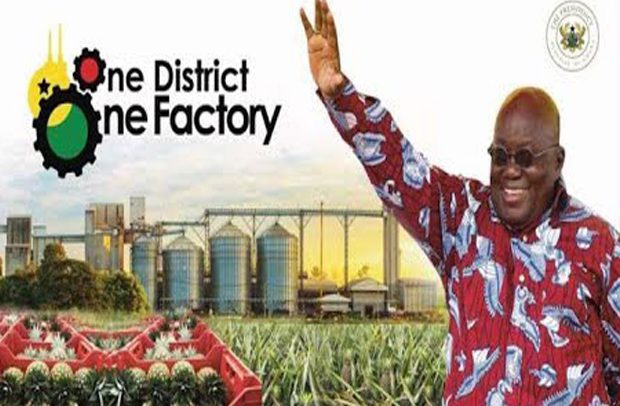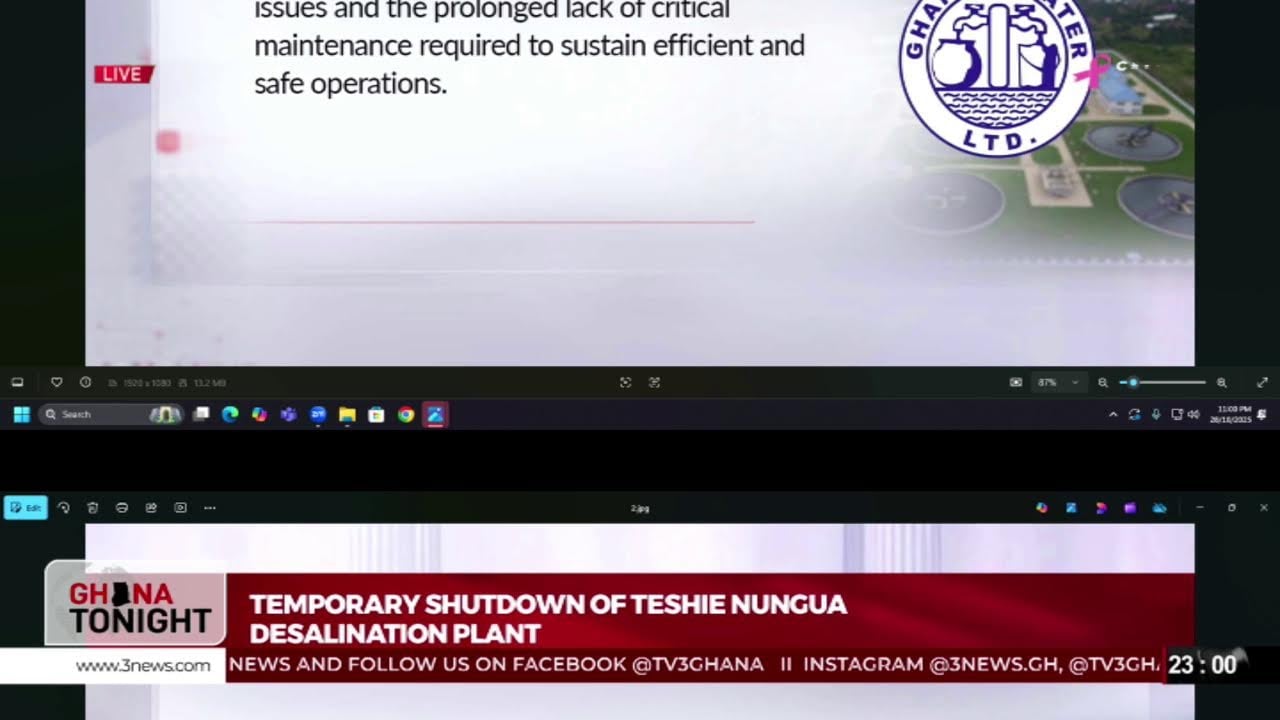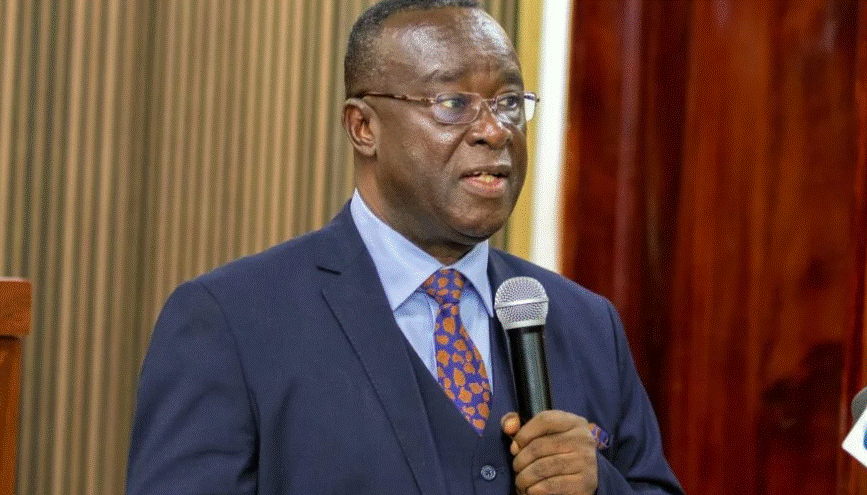
By Buertey Francis BORYOR
A new agricultural scorecard has exposed critical gaps in Ghana’s implementation of gender-responsive policies, despite having strong frameworks on paper.
The AGRA Gender Mainstreaming in Agriculture Scorecard (AGMAS) shows the country scoring 72 percent for policy environment but dropping to 56 percent in implementation capacity.
The findings were unveilled at a high-level meeting in Accra, convened by Alliance for a Green Revolution in Africa (AGRA) to address persistent gender gaps in the food systems sector.
The event brought together government officials, policymakers and development partners to discuss enhancing gender-responsive decision-making in agriculture.
Winnie Osulah, AGRA’s Lead for Gender Integration, in a post-event media engagement stated that the scorecard assessed governments across three areas including: enabling environment, commitment and implementation capacity.
“This tells us that we already have the enabling environment, but we have a gap when it comes to implementation,” Osulah added, emphasising that policies gathering dust on shelves do not benefit women who form 80 percent of Africa’s agricultural workforce.
She recommended immediate action to build officials’ capacity, urging a step-by-step approach to address the weakest scores first. “We need to sit down with governments and make sure they can implement the recommendations,” she added.
In his welcome address, Dr. John Jagwe – AGRA’s Country Programme Lead for Ghana – underlined why gender-equity is central to the organisation’s work.
“We know that you get more when you influence one woman than one man,” he said, announcing that 70 percent of new youth jobs in AGRA’s programmes will target young women.
The Minister for Gender, Children and Social Protection, Dr. Agnes Naa Momo Lartey, in a speech read on her behalf highlighted government efforts including the Affirmative Action Gender Equality Act 2024 and plans for a Women Development Bank.
“This demands a concerted effort by all women, especially those in leadership positions, to be the voice of the voiceless,” she stated, urging everyone’s commitment to creating spaces where women’s leadership influences policy.
There was consensus on need to bridge the implementation gap identified by the scorecard so as to unlock the full potential of women in agriculture.
The post AGRA urges action as scorecard highlights gender gaps in farming appeared first on The Business & Financial Times.
Read Full Story




















Facebook
Twitter
Pinterest
Instagram
Google+
YouTube
LinkedIn
RSS